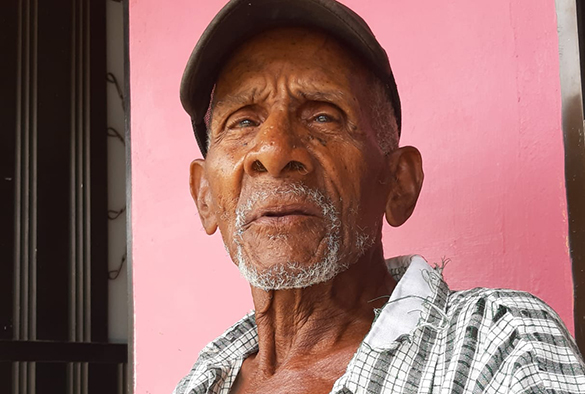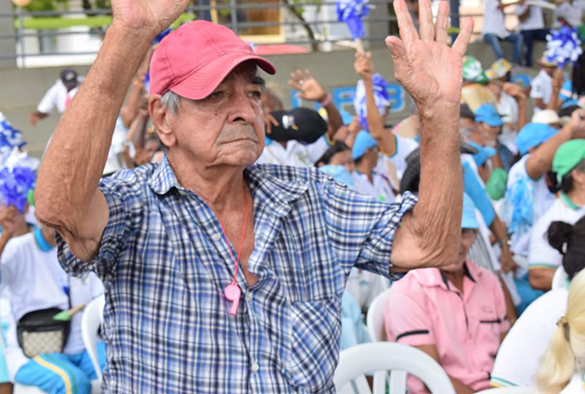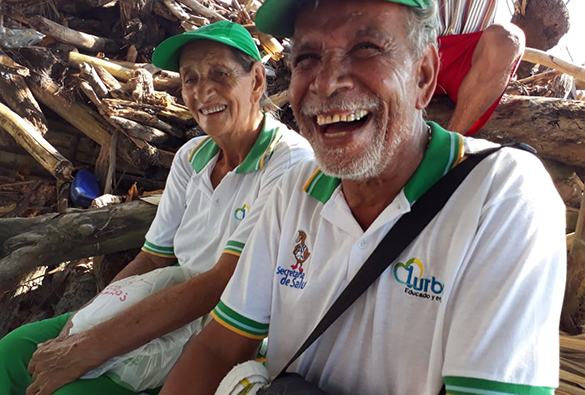
The University of Liverpool secured £500,000 of UKRI ESRC Newton funding to assess the mental health of older adults in areas of Colombia most affected by decades of violence - and now Covid-19 - with the aim of transferring that knowledge to help support populations around the world.
Dr Clarissa Giebel, an expert in health inequalities and ageing, and the Liverpool team will work with colleagues in the South American country on the project, which focuses on Turbo, a port city in the Department of Antioquia, close to the border with Panama.
In Antioquia as a whole, 78.6% (413,397 out of 525,685 residents) of the total population are registered as victims of armed conflict in 2020, while in Turbo the proportion is 64.5% (83,993). Of these, 9.7% (14,425) are classed as older adults; living in urban, peri-urban, rural and dispersed rural areas.

Working with in-country public and professional advisers throughout, the research team proposes carrying out mental health surveys, individual interviews and focus groups, and combining these with existing datasets, to map the influence of decades of violent conflict - and now the pandemic – on older residents.
The proportion of older adults in Colombia is expected to double from 10% to 20% by 2050.
These findings will then be linked with a systematic review of interventions used to support older adults - particularly conflict survivors – in Lower and Middle Income Countries (LMIC), as well as in-depth interviews with international academic experts.
The aim is to co-design and test a community-based psychosocial care and intervention strategy with, and for, older Turbo residents, to help reduce and manage their mental health problems.

This pilot strategy will then be assessed for cost effectiveness, mental health impact and acceptability among professionals and service users, with the aim of informing a larger trial across wider populations.
The wider programme will initially focus on other populations within Colombia, before considering similar populations in other LMICs, and higher income countries - starting with England - where the focus will be on addressing the mental health needs of migrants who have experienced conflict.
The three-year project is due to start in February 2021. It is led by Dr Clarissa Giebel, in the University's Institute of Population Health, alongside Professor Mark Gabbay, Dr Frances Darlington-Pollock and Dr Ross White; as well as the University of Bradford's Professor Siobhan Reilly; and Professor Maria Isabel Zuluaga and Professor Gabriel Saldarriaga at the University of Antioquia in Medellin, Colombia.






